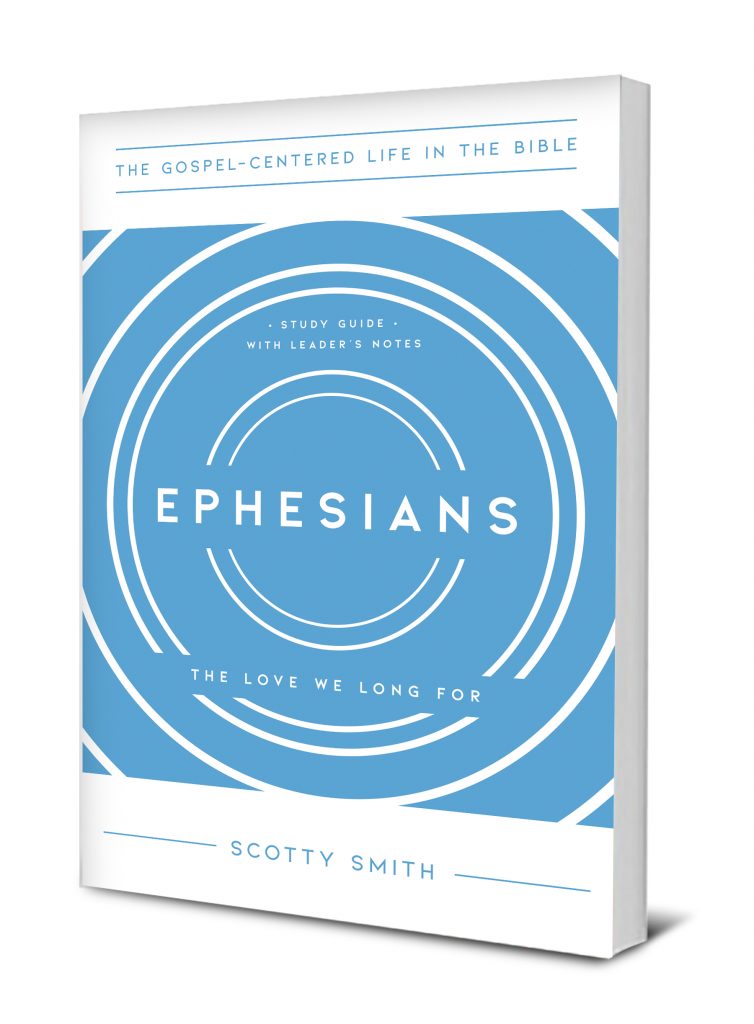Dates and places are critical elements of our stories. I am glad to be a child of the 60s and a North Carolinian by birth, education (‘72 UNC), and music. I grew up loving, and playing, “beach music”—my most formative soundtrack.
Beach music must not be confused with West Coast surfing music like the incredible melodies and images captured in the songs of The Beach Boys. Beach music is a sonic tapestry of easygoing dance music birthed by artists from Motown, Memphis, Philadelphia, and a spate of fraternity party bands from Virginia, the Carolinas, and Georgia. What I didn’t realize until years later that these breezy tunes resonated with a longing that pulsed through my generation and still throbs in the hearts of most of us today.
Compared to the artistry of today, much of that genre was lyrically tame and pretty innocent. Nevertheless, it conveyed deep longings we all share as image bearers of God. In 1966, Dionne Warwick released an era classic, “What the World Needs Now (Is Love Sweet Love).” It reflected a growing sentiment in first generation baby boomers—jaded by the Vietnam War, impassioned for a gentler, kinder way of life.
One year later in 1967, The Beatles released, “All You Need Is Love”—an edgier, more defiant declaration of Warwick’s sentimental ballad. In March of 1968, I came to faith in Jesus Christ, and began to understand how pregnant both of these songs are with truth.
The Need for Love
We do need love. And rightfully understood, all we need is, indeed, love. We invest much of our lives in an endless love-quest—an ache written into our DNA by God himself. We naively look to romance, sex, friendship, children—an endless array of relational settings to fill this vacuum and satisfy the ache.
But the love we’ve been made for requires more than people, isn’t always “sweet,” and is far more revolutionary than the “flower power” love The Beatles sang about.
I got my first taste of the depths of the love of God when I came to personal faith in Christ as a senior in high school. I’m 70 now and am still mining the riches of this love. Before I acquired a GPS on a portable phone, Ephesians became my heart-GPS for the love of God. It was the first book of the Bible I ever gave serious attention to, when I was invited by my Greek professor at Carolina to read through Paul’s letter with him.
Throwing hyperbole to the wind, I cannot overstate how pivotal Ephesians has been in helping me come alive to the only love that “is better than life” (Psalm 63:3), the only love sufficient to take on our sin, shame, and brokenness, and the only love that will never let go of us. God’s great love for us in Jesus is that love—his love that is freely ours through the gospel of his grace.
The Freedom that Comes with Love
Though I grew up going to church, I primarily thought of God’s love as the incredible goodness he shows us when we die—taking believers immediately to heaven. That most certainly is a grand generosity. Ephesians has helped me understand, however, that God isn’t just committed to getting us into heaven after we die; but also getting the life of heaven into us while we live. Through the gospel, our Father is committed to freeing us for a life of living and loving to his glory—in our families, the church, and his world.
Jesus has come to set prisoners free, and his love alone has been powerful enough to liberate me from various entanglements, imprisonments, and chains.
Our entire “salvific” journey, from beginning to end, is a work of his free and sovereign grace. A grace that will not just make us completely like Jesus one day, but will also fill the cosmos with God’s glory, “as the waters cover the sea” (Habakkuk 2:14).
How Great the Father’s Love for Us
So great is his love, God is committed to redeeming and reconciling people from every nation, tribe, and language (Revelation 7:9). He has “blessed us in Christ with every spiritual blessing in the heavenly places” (Ephesians 1:3), adopted us as his children, redeemed us by Christ’s blood, and lavished us with his grace (1:5, 7–8). Not only are we made alive in him, but we are seated with him in the heavenly places (2:5–6). Studying Ephesians has been the lens and landscape by which my heart has come alive to the magnificence of the gospel of God’s grace, and how much the God of all grace actually loves us.
Right in the middle of the apostle Paul’s six-chapter epistle of grace, he offers a prayer that continues to indict and invite me. Paul prayed, by the power of the Holy Spirit, God will enable us to know much more of the multi-dimensional love of Christ—how long, wide, high, and deep his love actually is (Ephesians 3:14-19).
The rest of our lives, both here and in heaven, will be an endless exploration and enjoyment of all the riches of God’s grace. We’ll never know God’s love exhaustively (hallelujah), for it is a love that “surpasses knowledge” (Ephesians 3:19)—so great is its wonder and measure. But we are invited to know, enjoy, and share it as fully as God’s redeemed daughters and sons possibly can. Are you longing for more of this love? Join me in delving deep into this study of Ephesians.
Ephesians: The Love We Long For
Am I loved? The central question of every human heart is answered with a resounding yes through this study of the Ephesians. Through an easily accessible, self-contained small group study each participant will grow in their understanding of the love of Christ, and the riches of his grace and how that love shapes every relationship and every interaction with others.






